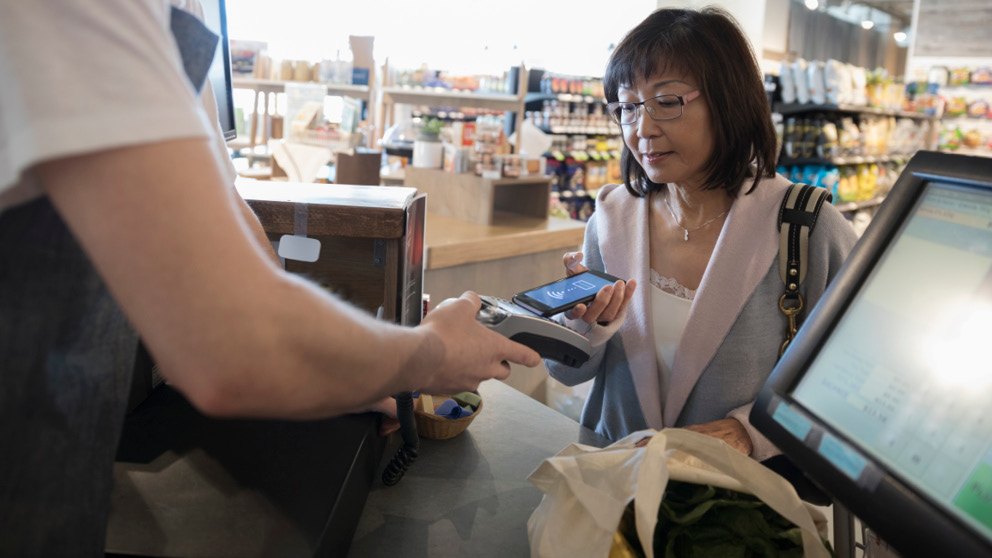Why sustainability still matters in food and beverage processing

Food and beverage processing consumers and customers are forcing everyone in the food industry to understand that sustainability matters.
Sustainable packaging, reduced food waste, and your environmental footprint can either be a path to the shelf or your route off the shelf, if someone else in your category figures it out. Your customers — the retailers and distributors who buy your products — and your consumers — those who select your products to put in their shopping carts — are paying attention.
For several years, consumers have expected the food and beverage processing sectors to reduce their impact on the environment and focus on products that pass the test of being more sustainable.
Make it happen
To succeed at sustainability, you must meet the needs of consumers, customers and regulators.
To succeed at sustainability, you must meet the needs of consumers, customers and regulators.
Consumers are demanding change. Those shopping in stores have different perspectives than previous generations and don’t accept that producers and processors are “working on it.” They demand change, and many will shift their buying habits to support products they see as good for the environment.
Customers, retailers and distributors who issue purchase orders are making commitments to the environment. Many retailers now publish sustainability reports which are accessible on their websites. At the same time, regulators are moving ahead to legislate change. We know the plan to eliminate single-use plastic exists, with some municipalities already banning it. Also, bans are in effect in specific areas, such as quick-service restaurant packaging and plastic bags.
Look for ways to make small changes. Check running water times and see how to reduce usage, consider sharing transportation costs with another processor, encourage staff, including yourself, to reduce car idle times, and increase the use of public transport or bicycles to get to work.
Where to focus
There are three key areas of focus in your business to ensure your environmental actions have the intended impact on your business.
1. Know your target market
You should know better than anyone who buys your products. Determine how important the environment is to these shoppers. In some categories, like plant-based protein, compostable packaging could make the difference.
2. Study your category
Every category gets a limited amount of space on the shelf. There can be some space for higher-end options, a group of items in the middle that deliver most of the sales, some lower-end options and private labels. Now we see sustainability being a point of differentiation too, and a product with sustainably sourced ingredients can make it to the shelf in the place of other similar items.
3. React to changing demands
Retailers and distributors are making commitments to sustainability. We could see third-party audits to measure suppliers’ performance related to the environment. This is one method retailers use to leverage their position to drive change.
Opportunities for change
As we look at how food producers and processors should respond to environmental demands, we see three areas of opportunity:
1. Environmental footprint
Areas of your business, such as processing, logistics and utilities, all impact your environmental footprint. In addition to the environmental benefits, making improvements can lead to cost reductions.
2. Packaging
One expensive and complicated component of food and beverage is the packaging. Your packaging has several tasks: Protect your product through the supply chain, meet regulatory requirements, look appealing and sell your products. Now it can also deliver a message of sustainability.
3. Food waste
Reducing food waste is a huge plus in any food processing business. Suppliers that can reduce food waste in their facilities can also improve their marketable yield. If you can reduce food waste and sell more of your products, it should be a win.
Sustainability is not going anywhere. Improvements in this area can lead to sales and profits, in addition to doing your part for environmental stewardship. While moving towards sustainability can also cost money, finding the best solution is important. Funding may be available through the federal department of Agriculture and Agri-Food Canada.
Remember to let your customers and consumers know what you are doing. They have a lot on their mind, so if you are making improvements, explain the initiative and how you are improving your impact on the planet.
Article by: Peter Chapman

Three key points to help you grow your food and beverage sales.

